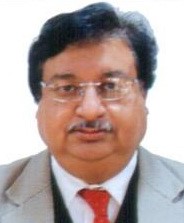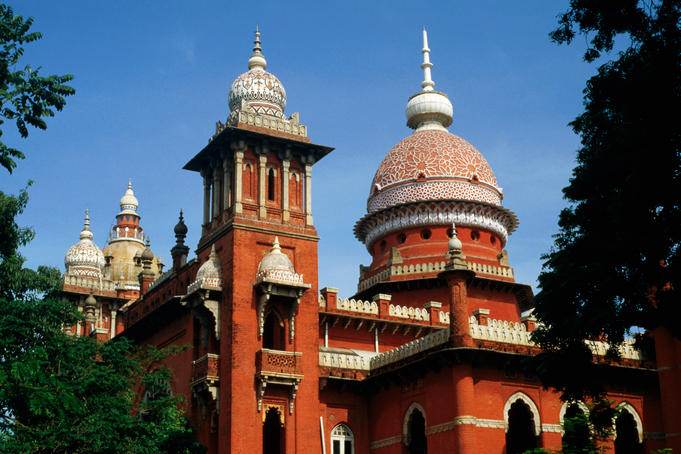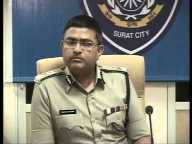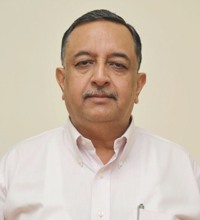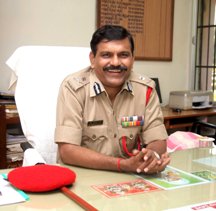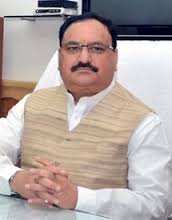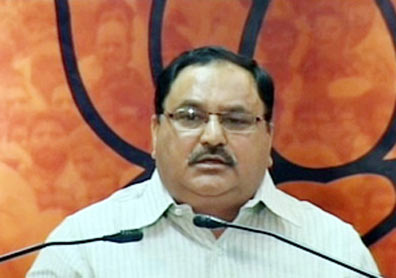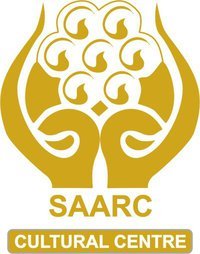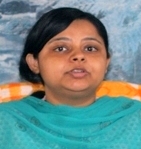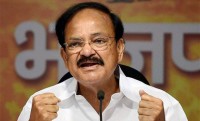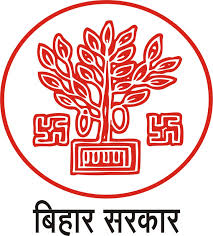Full text of the speech given by Union Agriculture and Farmers’ Welfare Minister, Shri Radha Mohan Singh at 3rd SAARC Agriculture Ministers’ meeting at Dhaka, Bangladesh is as follows:
“I, on behalf of the Government of India and on behalf my fellow countrymen, convey warm Greetings on the occasion of the 3rd meeting of the SAARC Agricultural ministers and also thank the Government of Peoples’ republic of Bangladesh for hosting this important event. The presence of Agriculture Ministers from the SAARC region reflects keen interest and strong political will of governments to make agriculture as one of the major drivers of economic and social development.
Context
The South Asia is home to 1.567 billion people that constitute 23.7% of global population. The share of the Region in terms of global land and water resources is however much lower than the population share e.g. Region’s geographic coverage is mere 3.95% of the global land mass. Because of high population pressure on land, percentage of arable land to total area is much higher than the global average e.g. the share of the region in global arable land is 14%.
According to the FAO report on the State of Food insecurity in the World-2015, even though there is continuing drop in global hunger yet an estimated 795 million undernourished or one in nine in the world. While comparing the regions, it is mentioned that the maximum concentration of hunger remains in Southern Asia, where as many as 281 million people are estimated to be undernourished.
Agriculture in the region, dominated by small holdings as holdings below one hectare account for more than 60% of total farm holdings, characterized by low productivity and low farm incomes. As a result, the rise in per capita income in agriculture sector also remains below the non-agriculture sector. Moreover, the shift in workforce from agriculture to non-agricultural sectors has remained far below the expected levels implying thereby that in the years ahead, growth of agriculture sector will continue to be of paramount importance for eradication of poverty, hunger, livelihood security, and inclusive growth of the regional economies. We need to address the concerns of economic inequality and instability being faced by farming community. In this endeavour we will have to make agriculture more innovative, economically rewarding, e and intellectually stimulating, especially if we want to draw youth to take up agricultural as an occupation.
Cooperation as the key to common development
Agriculture in our SAARC countries has evolved along with our civilizations and culture and therefore besides being a source of food and livelihood security, it remains integral to our social customs as well. Given the importance of agriculture in our daily lives we must continuously endeavour to make agriculture robust and a main instrument of economic prosperity. Having witnessed the quantum jump in food production following the success of new Green revolution technologies in the decade of 1960s, agriculture in the region is faced by a several set of challenges loss of soil organic matter; mining of soil nutrients; build-up of weeds, diseases and pests; salinity and sodicity; falling groundwater tables and rising groundwater tables/ water logging that not only affect the agriculture locally but also have trans-boundary impacts such as climate change, natural disasters, movement of pests and disease causing organisms and require a collective remedial action.
The focus of agriculture related research and innovation for development in the region now needs to urgently shift to making food more accessible, affordable, safe, healthy, nutritious and meet internationally accepted quality standards. Technology is the prime mover for growth. The technological interventions in certain instances are both, knowledge and capital intensive and often beyond the national capacity to handle the situations individually. It is in this context I feel that Cooperation among the regional countries through sharing of information, technology, knowledge and resources, can play a key role for mutual development by saving of precious national resources and time.
Climate change is now an accepted reality and, in some cases, is predicted to cause heavy damage to the Region. South Asia is among the most vulnerable regions in the world to natural disasters related to climate change. Two main dimensions of climate change, that would impact agriculture, are increased temperature and changes in precipitation pattern. These changes, taking place on a global scale, would impact local agriculture and therefore affect the local and global food supply. We have recently undertaken preparation of District level Contingency Plans, specifically for 600 districts in the country that provide information on dos’ and don’ts along with necessary information on technological handholding, in the event of natural calamity, particularly in situations of floods and droughts.
Tracking the movement of pests and diseases affecting crops and animals is a critical area that requires our collective action. In the recent past we have been able to effectively control several such incidences. In wheat for instances, the development of varieties that were resistant to rust strain Ug99 could be achieved with cooperation by wheat growing countries. The epidemics in the poultry sector were effectively dealt with through cooperation among the neigbhouring countries.
Here I would like to mention about a successful programme, Rice-Wheat Consortium for the Indi-Gangetic Plains. It was a programme of CGIAR and Regional National Agricultural research systems (NARS) of India, Pakistan, Bangladesh and Nepal. The farmers in over 10 million hectares in the predominant rice-wheat growing areas of four countries. The effort improved capacity among collaborating institutions to undertake systems research and helped in developing and refining the resource conservation technologies (RCTs). These can be very helpful to save water and energy, reduce cost and increase farmers’ income. We must continue towards such collaborative and cooperative R&D programmes.
SAARC countries have very rich plant and animal bio-diversity. India is one of the 12 mega centres of biodiversity and the North-eastern states have about 700 species of orchids that are endemic. It holds significant potential for future commercial use. However, there is lurking danger of loss of bio-diversity and maintaining claim of ownership over it. Each country needs to urgently prepare authentic documentation of all kind of bio-diversity resources at various bio-ecological levels and initiate necessary measures to preserve the bio-diversity. Adequate attention is also needed on documenting and patenting Intellectual Properties and Traditional Knowledge related to agriculture and animal husbandry. Increased investment, on pro-active basis, in bio-diversity and intellectual property holds enormous growth potential for each country. We have established a state-of the –art National Plant Gene Bank and we can share the extra capacity to store genetic material on mutually agreed terms.
Rapid development of Information & Communication Technology (ICT) and Telecommunication Network have paved way for creation of information network, knowledge pool and services on new agricultural technology, products and marketing of produce. The use of ICTs is very important in improving the process of technology dissemination and for the knowledge empowerment of the farmers. It’s necessary to develop farmer-friendly information network /tools to provide whole range of information leading to delivery of knowledge of new agricultural technology, products, procedures and related services – to enable them to take control of their farming environment in near future.
Post harvest and waste management in the region has remained under developed in the region and as consequence of which a considerable quantity of farm produce is lost, especially the horticultural and animal produce. Technological interventions are needed for post harvest processing, value addition and product development, preferably near the site of production. This will not only safeguard the farm produce but more importantly result in employment generation and enhancing farmers’ income. We have to come forward to convert the unorganized food sector to organized sector but we still need to cross quite a distance.
Human resources, competent and skilled, are the real strength of the development effort. In the days to come the strength of the nations would depend on the level of competence of the countrymen. As the saying goes, what counts more is the man behind the machine. Today, we have about 73 universities in the country that impart higher education in agriculture including veterinary and fisheries. We also admit students from other countries, especially the SAARC nations. Today there are 119 students, about 65% of the foreign students, from SAARC countries in our agricultural universities and would continue to with the arrangements for extending.
For sustained research and development of agriculture through cooperation in the region, it would be appropriate that we devise a mechanism of regional priority setting for devising programmes and their implementation. As I see, water, genetic resources, germplasm exchange and energy are going to be critical factors agricultural development and there could be several more areas. Towards this end an enabling policy, regulatory mechanism and institutional arrangements are considered essential for the success of our endeavours. Concrete areas for cooperation and action in agriculture sector within the existing SAARC arrangements should be put in place with focused strategy.
Finally, I would like to mention that we have to sensitize the Governments, international agencies and donor agencies on the need for boosting the investments in agricultural sector. The countries or the regions that have witnessed adequate investments in agriculture are better placed in terms of food and nutritional security. Investing in agricultural research today is a prerequisite for tomorrow’s food security. The much needed sustainability of agriculture in the region will need to be a balance of economic, social and environmental progress through appropriate application of science, use of technology and their en masse adoption through innovative practices. Let us once pledge again to work together in a cooperative manner to help each other for strengthening farming, farmers and food, nutritional, livelihood and environmental security in the region.”


